How to Negotiate a Balanced Source Code Escrow Agreement
An escrow agreement is beneficial to both parties, but can have opposing needs. That’s why it’s important to make sure the agreement is balanced.
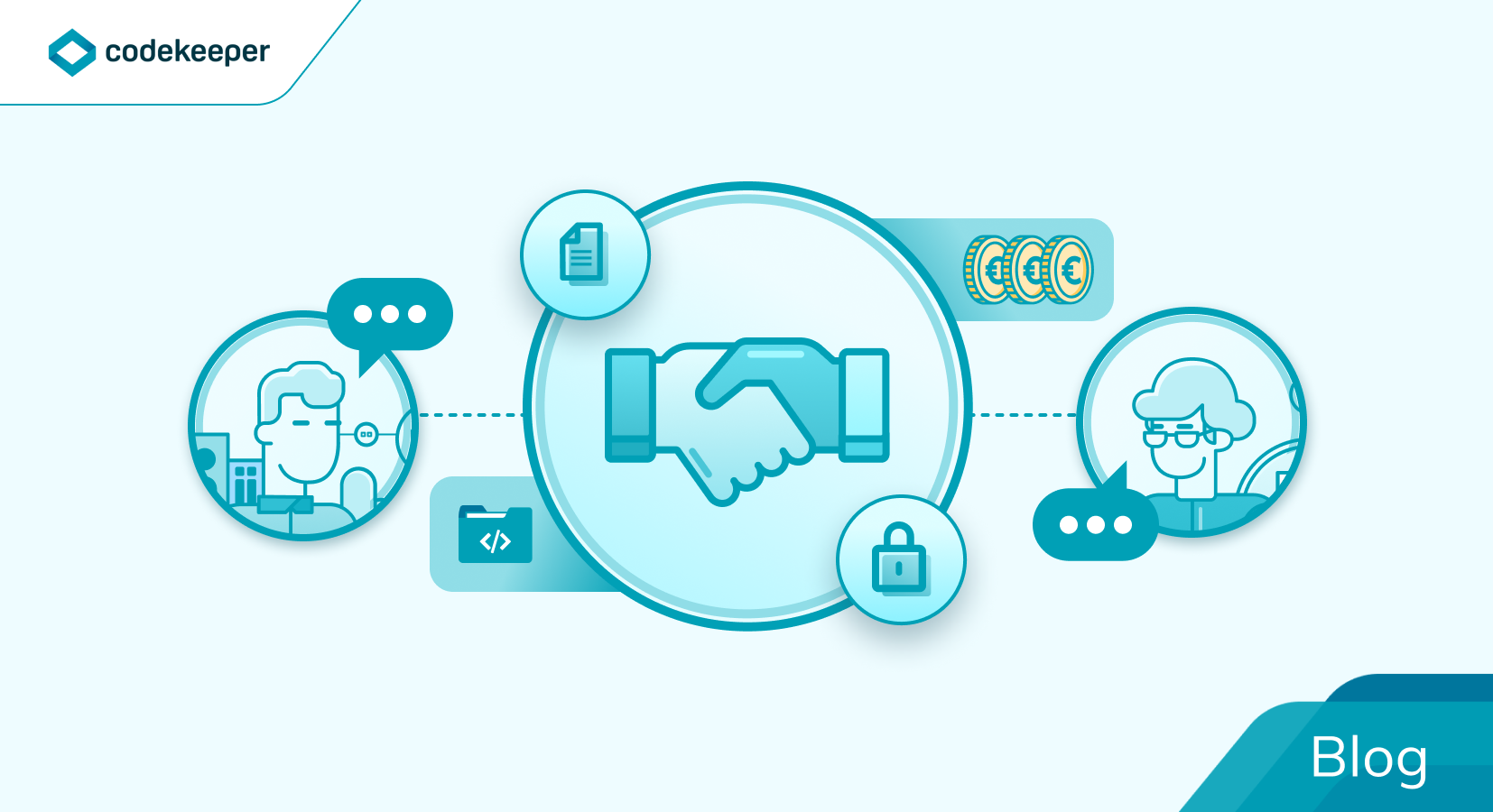
By Content Team
Table of contents:
A source code escrow agreement is beneficial to both the supplier and the beneficiary, but these two parties can at times appear to have opposing needs. That’s why it’s important to make sure that your licensing agreement is balanced.
Fortunately, that’s exactly what source code escrow services are for. At CodeKeeper, we have both the technical and legal expertise to ensure that your licensing agreement is secured.
We protect the interests of both the software vendor and the licensee.
Based on our experiences, here are our top tips on how to negotiate a balanced source code escrow agreement.

1. Going into negotiations, be aware of the benefits to you.
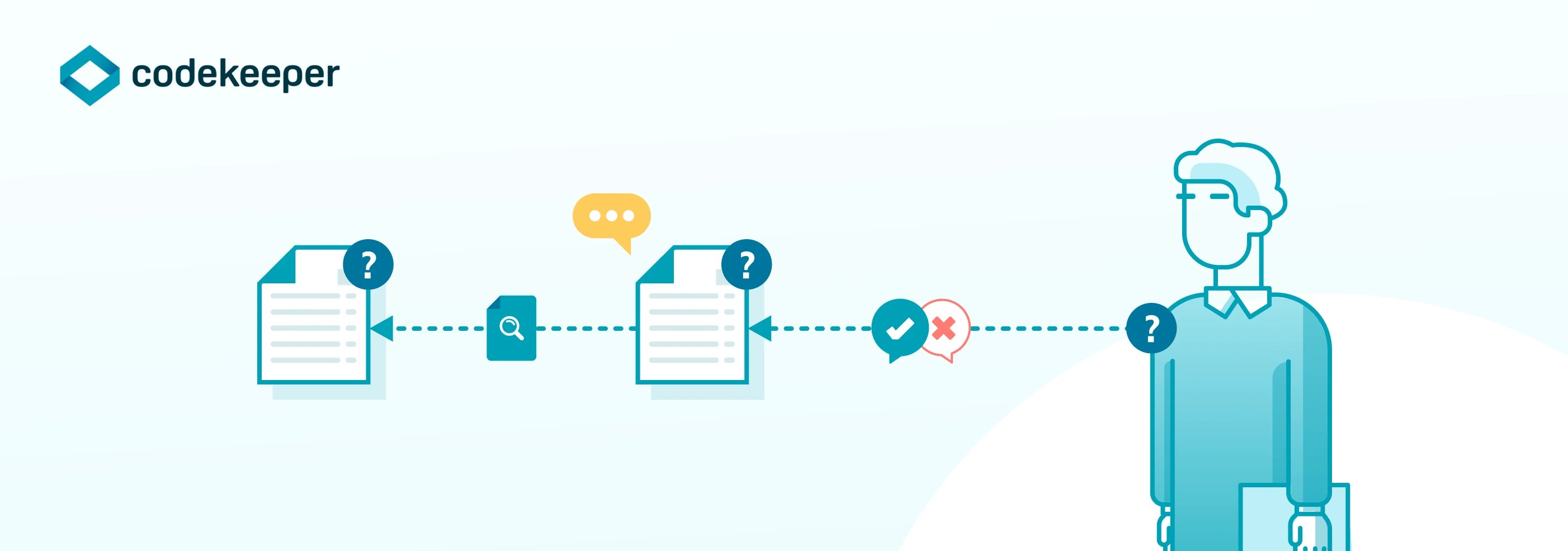
2. Clearly define the release conditions
You can learn more about how a software escrow works by visiting the Codekeeper website.
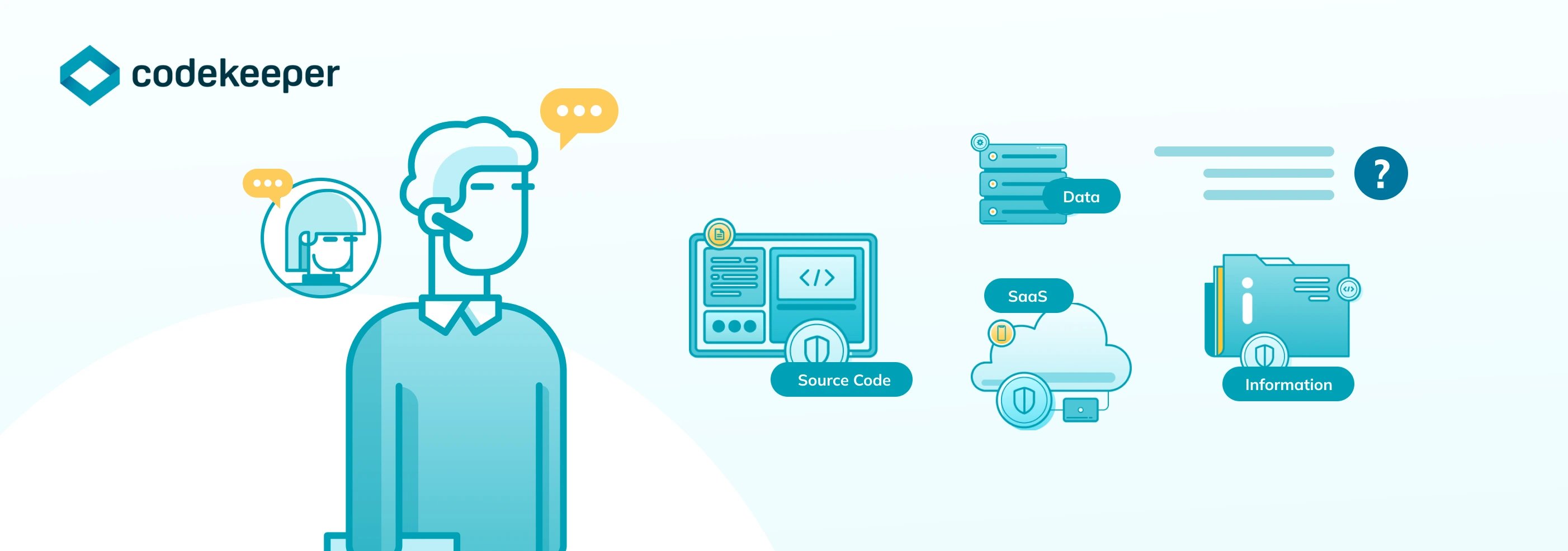
3. Negotiate which materials need to go into the escrow
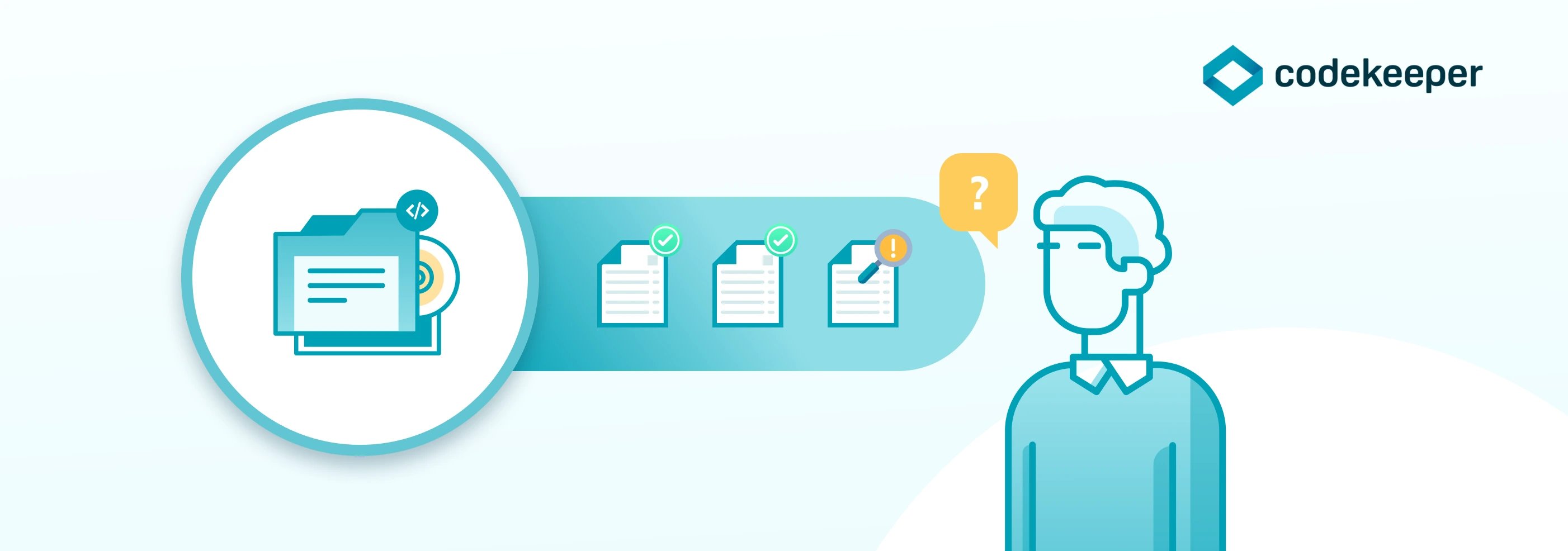
4. Ensure that the escrow gets updated as the product evolves
If the source code gets released it will be of no benefit to the beneficiary if it’s not up-to-date. That means you’ll need to agree upon a method for adding software changes to the escrow. The easiest way to do this is to ensure that the code repositories can be integrated with the escrow to automatically add the updates as changes are made.
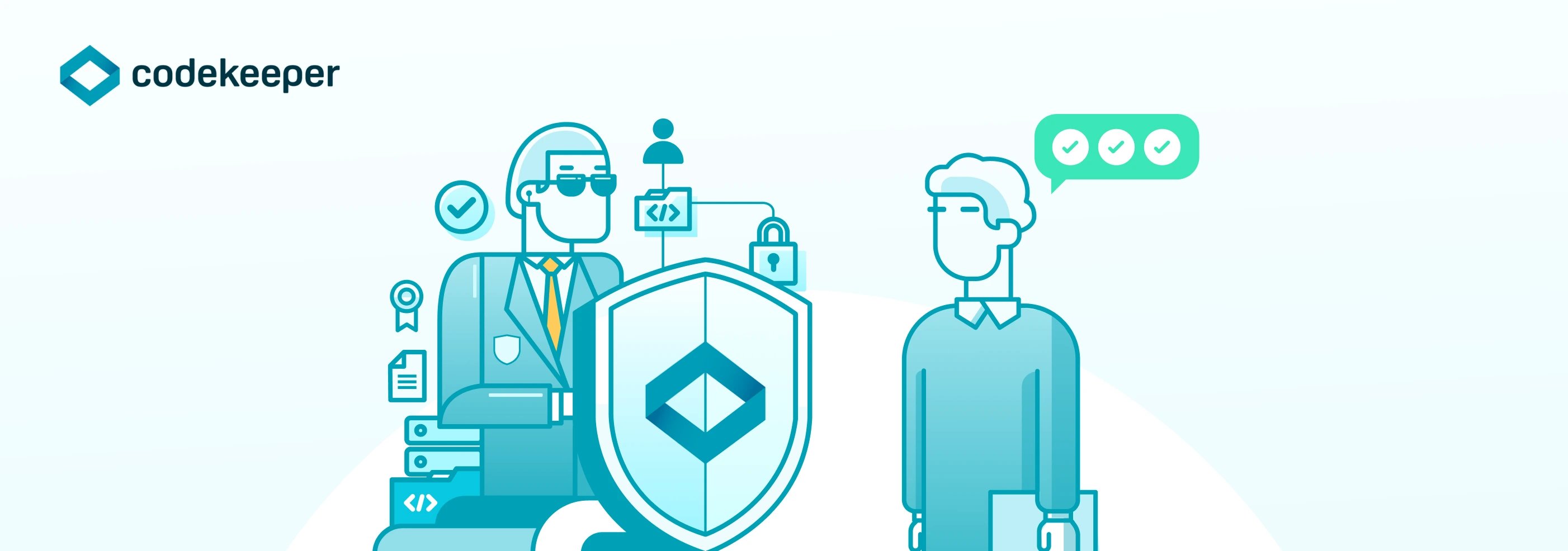
5. Utilize a reputable software escrow service.
A software escrow service is essential protection for both the software vendor and the licensee. Because the escrow agent is an impartial third-party, they can act as an intermediary during the final stages of negotiations. They are experienced in both supplier and beneficiary concerns, and are able to help you strike the balance you’re looking for in your agreement.
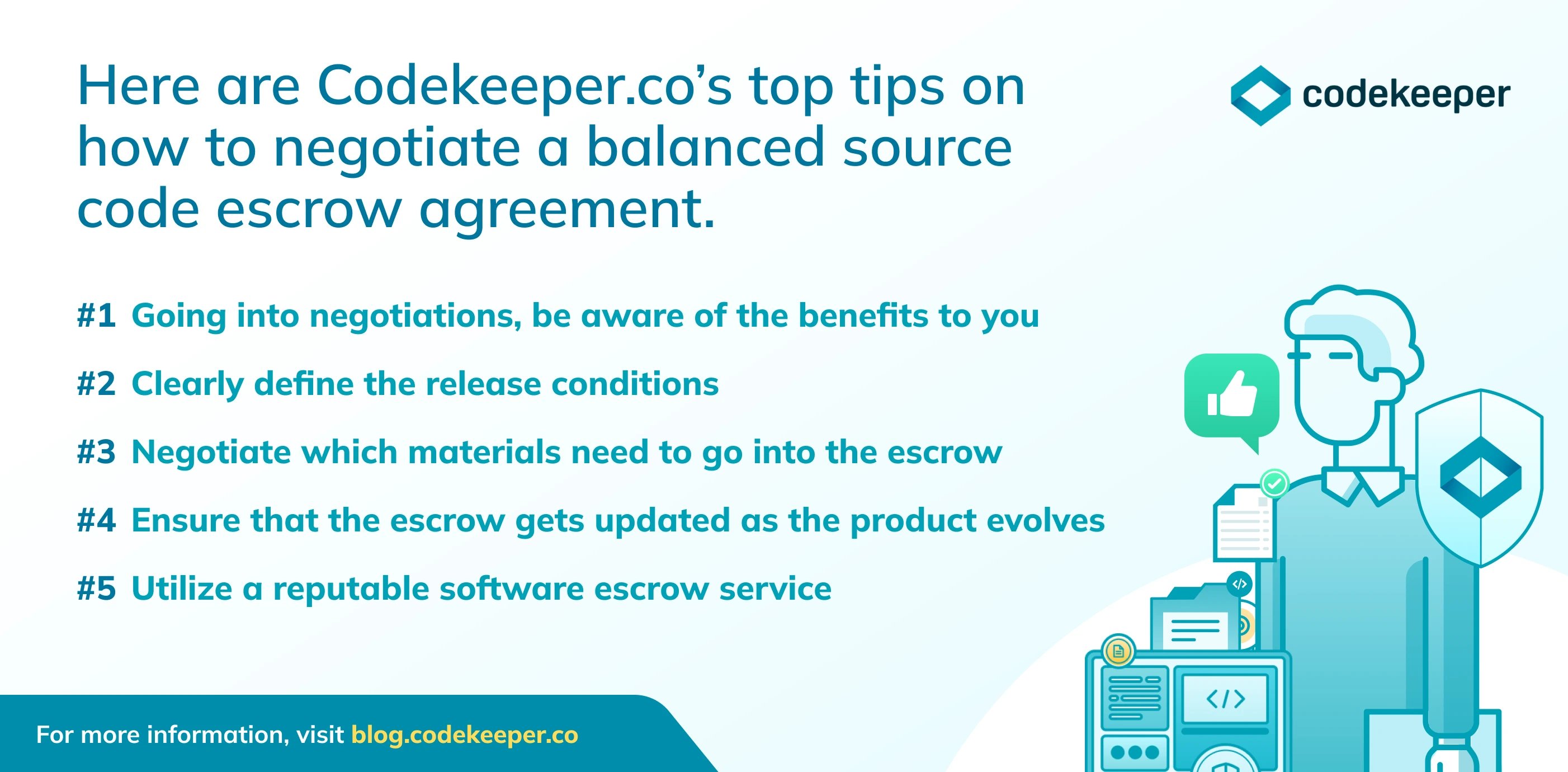
Click here to learn more about what Codekeeper can do for your licensing agreements.



